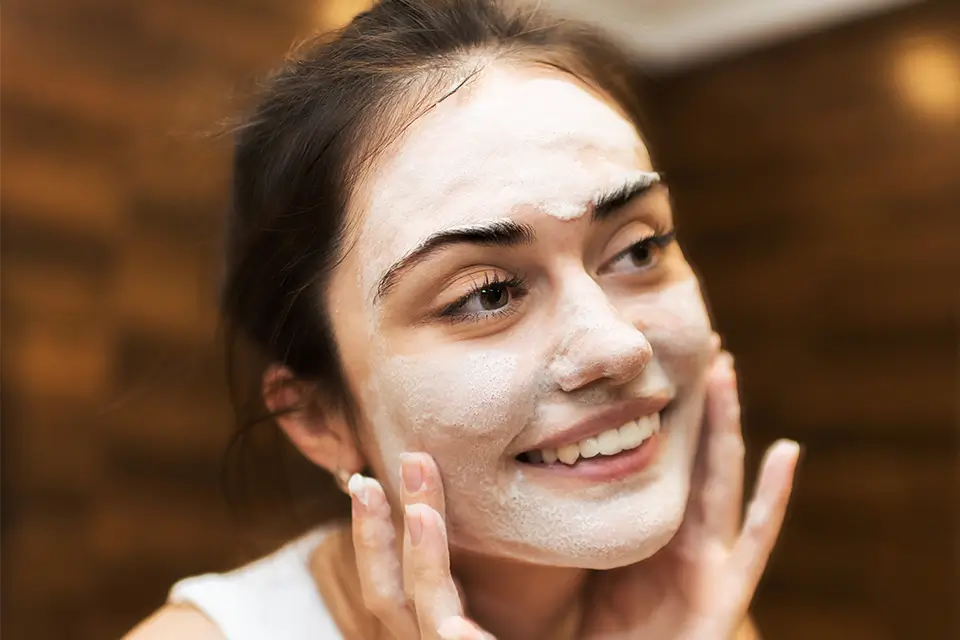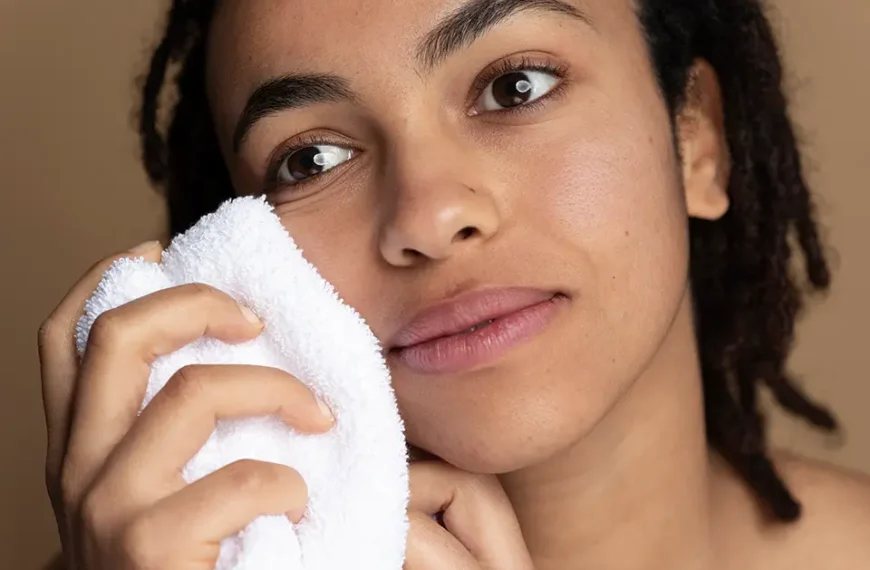When it comes to skincare, the terms “hydrating” and “moisturizing” are often used interchangeably. However, they serve distinct purposes and address different aspects of skin health. Understanding the difference can help you make better choices for your skin type and achieve a glowing, healthy complexion.
The Core Difference: Hydrating vs. Moisturizing
Hydration involves increasing the water content in the skin. It focuses on improving the skin’s ability to absorb and retain water, keeping it plump and elastic. Hydrating products typically contain humectants like hyaluronic acid or glycerin that attract water from the environment or deeper layers of the skin.
Moisturizing, on the other hand, is about creating a barrier on the skin to prevent water loss. Moisturizers often include occlusive agents like petrolatum or mineral oil and emollients such as plant oils or shea butter. These ingredients work by sealing in the hydration and nourishing the skin, ensuring it stays soft and supple.
Why Hydration and Moisture Are Essential for All Skin Types
Contrary to popular belief, hydration and moisturization are not just concerns for those with dry or dehydrated skin. Even oily or combination skin can benefit from both processes. Dehydrated skin can exacerbate oiliness as the skin compensates for water loss by overproducing sebum. Similarly, dry skin requires a robust barrier to lock in moisture and prevent flakiness.
No matter your skin type, maintaining the right balance of hydration and moisture is key to a healthy complexion.
How to Choose the Right Products for Your Skin
Navigating the world of skincare products can feel overwhelming. With so many creams, serums, and gels claiming to offer hydration and moisture, how do you pick the right one for your needs? The answer lies in understanding your skin type and selecting ingredients accordingly.
For Dry Skin
Dry skin lacks the natural oils needed to retain moisture. If your skin is prone to flaking or feels tight, focus on rich, emollient-based moisturizers. Ingredients like shea butter, plant oils (jojoba or rosehip), and petrolatum create a barrier on the skin, locking in hydration.
Recommended Products:
- Thick creams or balms containing petrolatum or nut oils.
- Products labeled “emollient-rich.”
For Dehydrated Skin
Dehydrated skin lacks water, not oil. It may feel tight but still appear oily in certain areas. To address this, look for hydrating serums with humectants like hyaluronic acid, aloe vera, or honey. These ingredients draw water into the skin, restoring its elasticity.
Recommended Products:
- Hydrating serums with hyaluronic acid.
- Gel-based moisturizers for lightweight hydration.
For Oily or Acne-Prone Skin
People with oily skin often shy away from moisturizers, fearing they’ll make their skin greasy. However, skipping hydration can lead to dehydration, which worsens oiliness. Opt for water-based, non-comedogenic hydrators and moisturizers.
Recommended Products:
- Lightweight, water-based gels.
- Non-comedogenic moisturizers containing glycerin or hyaluronic acid.
The Science of Hydration and Moisturization
To understand how products work, let’s break down the key ingredients commonly found in hydrators and moisturizers:
Common Hydrating Ingredients
- Hyaluronic Acid: Holds up to 1,000 times its weight in water, making it a superstar for hydration.
- Glycerin: A humectant that attracts moisture from the air to the skin.
- Aloe Vera: Known for its soothing and hydrating properties.
- Snail Mucin: Rich in humectants, it helps retain moisture.
Common Moisturizing Ingredients
- Petrolatum: Forms a protective barrier on the skin to lock in hydration.
- Shea Butter: An emollient that nourishes and softens the skin.
- Plant Oils (e.g., Jojoba, Coconut): Rich in fatty acids, they replenish the skin’s lipid barrier.
- Ceramides: Strengthen the skin barrier, preventing water loss.
Building the Perfect Routine
For the best results, it’s important to use both hydrators and moisturizers in your skincare routine. Here’s how to layer them effectively:
- Cleanse: Start with a gentle cleanser to remove impurities without stripping your skin’s natural oils.
- Hydrate: Apply a serum containing humectants like hyaluronic acid to draw water into the skin.
- Moisturize: Lock in the hydration with an occlusive moisturizer tailored to your skin type.
This simple routine ensures that your skin gets the water it needs while sealing it in for long-lasting hydration.
Lifestyle Tips for Hydrated, Moisturized Skin
In addition to topical products, lifestyle changes can significantly impact your skin’s hydration and moisture levels.
- Drink Plenty of Water: Aim to drink at least half your body weight in ounces daily to maintain internal hydration.
- Eat Water-Rich Foods: Incorporate fruits like watermelon and cucumbers into your diet for an added hydration boost.
- Protect Your Skin: Use a humidifier in dry environments and wear sunscreen daily to prevent dehydration caused by sun damage.
Breaking Myths: Can You Over-Hydrate or Over-Moisturize?
While hydration and moisturization are vital, overdoing either can lead to problems. Over-hydration can cause water retention on the skin, leading to puffiness, while excessive moisturizing can clog pores, especially in oily skin types. Balance is the key.
Final Thoughts
Hydrating and moisturizing are two sides of the same coin when it comes to skincare. While hydrators add water to the skin, moisturizers lock it in, ensuring lasting benefits. The best approach is to understand your skin’s unique needs and select products accordingly.
By combining the right ingredients and adopting a balanced skincare routine, you can achieve a plump, radiant complexion that looks and feels its best all year round.




